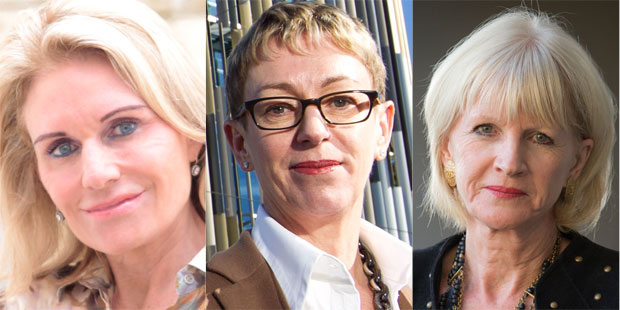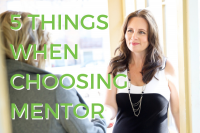
No women are in charge of any of the top New Zealand companies in the Business Herald’s executive pay survey.
Only one woman, former Summerset Group chief executive Norah Barlow, made this year’s pay rankings and she retired from that position in April 2014.
The pay survey examines the remuneration of the heads of New Zealand’s top listed-companies and this year showed bosses had received average pay of $1.646 million – an increase of 10 per cent.
One top entrepreneur, Diane Foreman, said the lack of women in the survey was “heartbreaking”.
TVNZ chair Joan Withers said today it appeared the position for women had gone backwards from when then-Westpac boss Ann Sherry and former Telecom chief executive Theresa Gattung made the list.
“It does look like regression,” said Withers.
It is very likely that ASB chief executive Barbara Chapman would have been included in this year’s survey if that bank’s Australian parent company disclosed her pay.
ASB would not reveal it when approached last week.
Other high profile female chief executives, such as NZME. boss Jane Hastings and Pumpkin Patch’s Di Humphries, don’t feature in the survey because their companies are not on the NZX 50 index.
Foreman also pointed out women were running “amazing businesses” which were privately-held and therefore won’t be included in the pay survey.
While traditional roles were starting to change, Withers said women were generally still taking primary responsibility for families.
“Having been a CEO of two large companies myself, The Radio Network and Fairfax Media, for women it’s a lot harder to stay through and manage the workload that you need to manage to become a CEO and stay in a CEO role. They’re extremely good when they get there and they’re able to do that but it’s difficult especially now that we’ve got women having families probably later than they did in my day,” Withers said.
Withers said lifting the number of women on boards should help get women into chief executive positions and while this was improving, the pace of change was too slow.
“It’s boards who makes decisions about CEOs…you get women sitting around a board table making sure that the long-list and the short-list for the CEO role actually does contain women,” Withers said.
“There are a number of us who are working very actively to try and increase the number of women in the pipeline coming through from those level two, level three executive roles up into CEO positions and then onto governance,” she said.
Withers also said leadership development for businesswomen was very important.
As well as this, Foreman said more young women needed to be encouraged into business in the first place.
“You get a very bright girl in New Zealand and nobody ever says to them ‘go and be a businesswoman.’ Everybody says ‘go be a doctor, lawyer, accountant or an architect’. Our education system doesn’t grow good women businesspeople because it’s not seen as a sexy option,” Foreman said.
YWCA chief executive Monica Briggs said there was evidence that when women got to leadership positions they still weren’t earning the same as men in those roles.
Gender pay disparity was a problem at all levels and Briggs believed there was a lack of urgency around the need for change.
“I often think people have sort of assumed that their grandmas fought for this equality and it’s been done and sorted and don’t actually realise that the situation is what it is still in 2015 in New Zealand,” Briggs said.
This article was originally published on NZ Herald. Read the original article here.









Leave A Comment